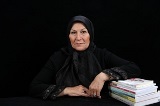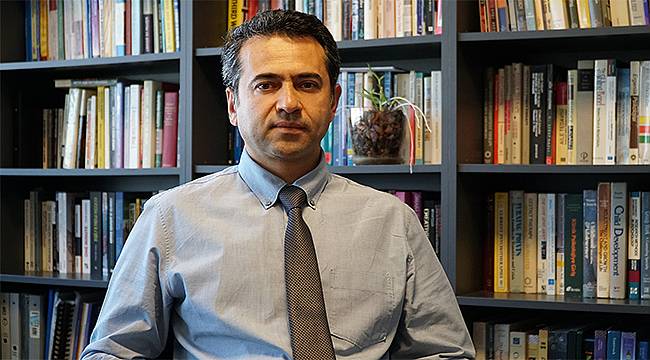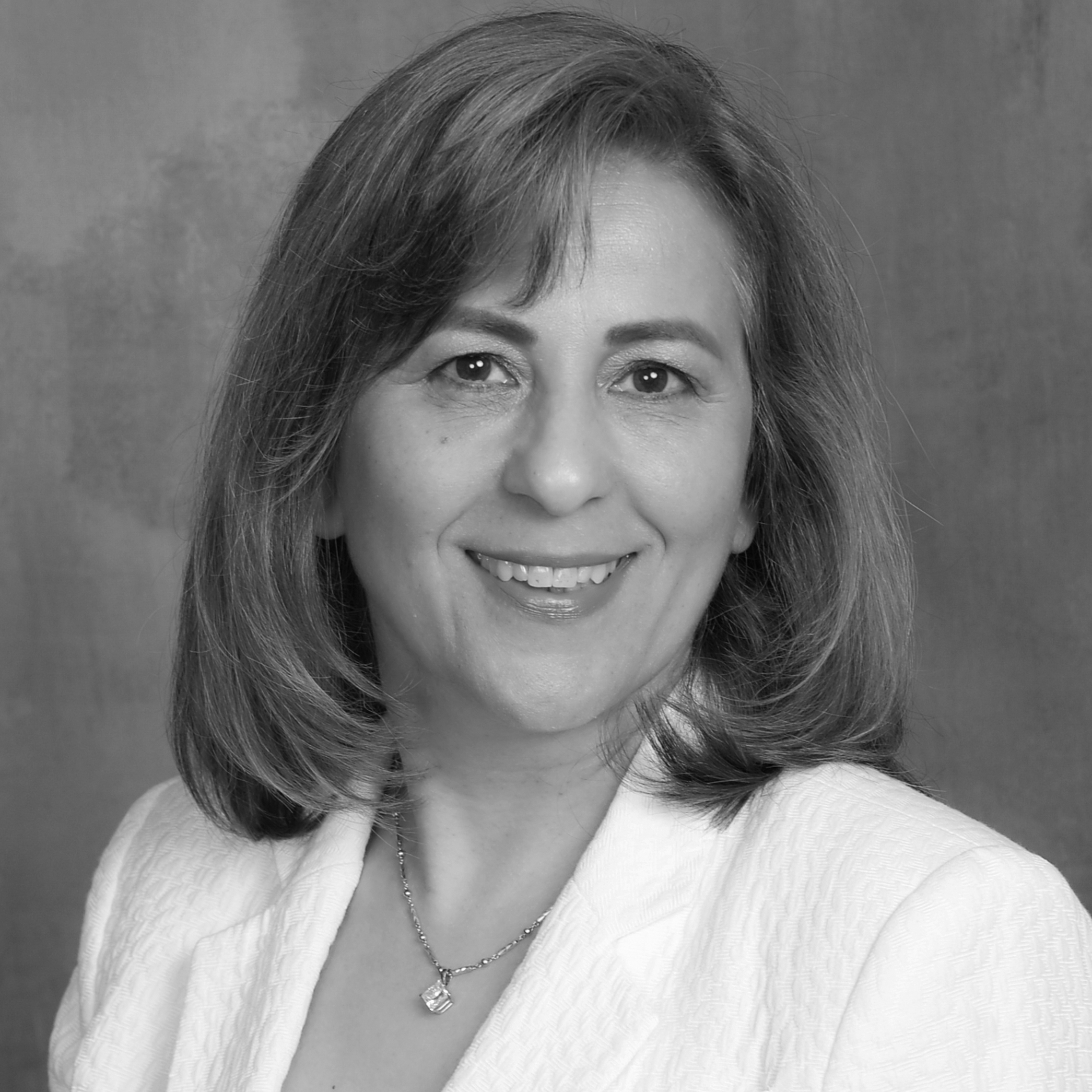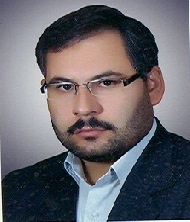Qualitative Study of the Factors Influencing Remarriage Attitudes in Widowed Women in Isfahan
Keywords:
tendency to remarry, widows, marriageAbstract
Objective: This study aimed to qualitatively investigate the factors influencing remarriage attitudes in widowed women in Isfahan.
Methods: The research employed a qualitative approach using thematic analysis. The research population consisted of widowed women from Isfahan who had experienced the death of their spouse at least three years prior to 2024. The sample size for this qualitative study was 17 participants, determined based on theoretical saturation, and a snowball sampling method was employed. To analyze the data obtained from the interviews, coding was performed using MAXQDA software. After organizing the initial codes, 13 organizing themes and 4 overarching themes were identified.
Findings: Based on the findings, the factors influencing remarriage attitudes were classified into four main themes: cultural and social issues, perceptions of the future, emotional and sexual issues, and economic issues. The subthemes under these categories were as follows: the economic issues theme included two subthemes: living below the poverty line and job limitations. The emotional and sexual issues theme included four subthemes: the need for companionship with the opposite sex, the need for sexual relationships, availability of sexual partners, and the duality of fear and need. The perceptions of the future theme included three subthemes: uncertain outcomes, marital stability, and hopelessness about future marriages. The cultural and social issues theme included four subthemes: social deprivation, cultural stereotypes, rebuilding after the loss of a spouse, and gender stereotypes.
Conclusion: This study highlights the complex factors influencing widowed women’s inclination towards remarriage, including economic, emotional, social, and cultural challenges, underscoring the need for tailored support and societal change.
Downloads

Downloads
Additional Files
Published
Submitted
Revised
Accepted
Issue
Section
License
Copyright (c) 2024 Parisa Maghbareh (Author); Mahnaz Haji Heydari (Corresponding Author)

This work is licensed under a Creative Commons Attribution-NonCommercial 4.0 International License.





















